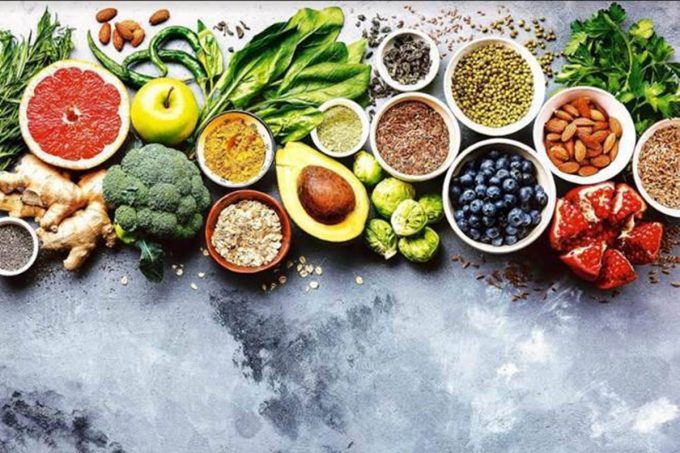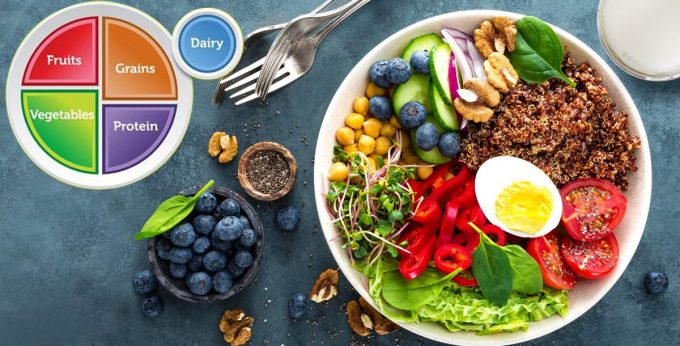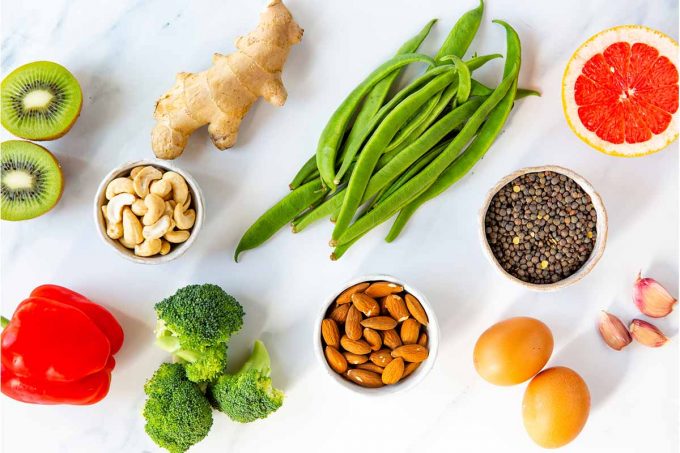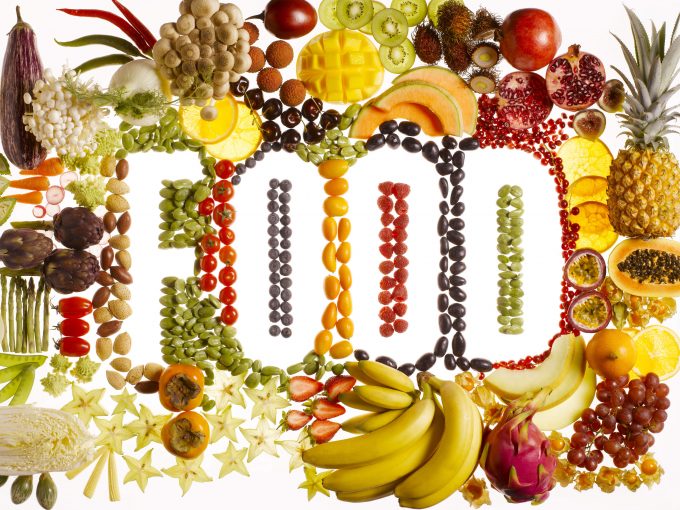Obesity and weight loss amidst a pandemic
The importance of a powerful immune system
Lockdown restrictions changed our way of life dramatically. Millions are unable to go about their everyday activities or, at least, unable to do so the way they used to. Most have to work from home, or stop working altogether. It is therefore reasonable to wonder: What will the impact of this be on body weight?

It is certain that the sudden shift in everyday life will influence peoples’ psychology. It may lead to symptoms of depression or increased anxiety, one may turn to food or spend more and more time in front of a screen, which may also increase food consumption, depression or sleep disorder.
Why we should care in body weight changes during the pandemic?
We know that those who fell ill by covid-19 while suffering from other underlying health conditions, were more likely to develop complications. It seems that obesity has to be included in those. A systematic review of 75 studies concluded that relative to those who maintain a healthy weight, obese people are 113% more likely to be hospitalized, 74% more likely to go into intensive care and 46% more likely to die by the virus.
We still don’t know with any accuracy how obesity exacerbates the course of the disease, however, it can contribute to the deterioration of pneumonic function, or immune system function, as well as cause chronic systemic inflammation or metabolic dysfunction, Furthermore, it increases the probability of suffering from a different underlying condition.
It looks like the tendency is for restrictions to lead to increased weight, especially in obese people. A study in Torino Italy showed that obese patients increased their weight during lockdown by 1,5 kg. This increase was attributed to a lack of care for eating healthy, a lower level of exercise and physical activity in general, as well as rising levels of anxiety and depression.

What is the role of food?
By the aforementioned study in Torino we are informed that participants, recorded deviations towards non healthy nutritional practices despite having received nutritional advice during lockdown. More specifically they ate more, opting for sweets, snacks, frozen and canned foods, while reducing fruits and vegetables in their diet.
There is fear that a large part of the population follows the dietary patterns above, during lockdown, resulting in increases in body weight and, by extension, in obesity percentages. However, this way, the number of people in heightened risk to develop complications, after contracting corona virus, also rises. Therefore, a healthy diet helps us maintain a healthy body weight and indirectly reduces the probability of serious complications from Covid-19.
Healthy diet and food though have a broader part to play since nutrition is linked to the function of the immune system.
A healthy diet lowers the likelihood of infections-bacterial, viral or others. In crude terms, a healthy diet “makes sure” we are provided with the necessary macronutrients, minerals and vitamins.
It is divided in four parts: The largest one is occupied by vegetables, the smaller one by fruits and the rest by two equal parts, of which one consists of whole grain foods, legumes and nuts, while the other by “healthy” protein.
“Healthy” protein means reduced consumption of fish, poultry and dairy, and even lower consumption of red meat and processed meat. Also, it means avoiding processed carbohydrates (ex. biscuits) and sugar.
Please take notice, the period of the pandemic is not offered for “extreme”, very restrictive diets. If someone falls sick by corona virus, they should eat enough, to avoid any involuntary weight loss. If not, they should still eat enough, so that their organism produces enough lymphocytes and antibodies, the production of which is conditioned on the consumption of nutrients, like vitamin C, D, zinc, selenium, iron and protein.

Fiber consumption is also important, since it assists in developing and maintaining microbes that benefit the immune system in its functioning. These fibers are called prebiotic, since they feed microbes. Prebiotic foods are, for instance, garlic, onion, leek, asparagus and bananas. Probiotic foods like kefir and yogurt, on the other hand contain beneficial micro-organisms and are also recommended. In a wider context, it is recommended to consume fruits, vegetables, whole grain foods and legumes which are sources of prebiotics.
Nutritional supplements can help in specific cases. If one is unable to have a certain variety in their diet or have increased nutritional needs or a deficiency, then supplement can fill that void and fortify the responses of the immune system. In particular, vitamin D (especially when there is a deficiency), zinc and, in some instances, vitamin C have distinct value, and one is well to have a conversation with a health professional about them.
The elderly constitute a distinct case, since they have a low lymphocytes count and, therefore have limited immune responses. While also, often exhibiting nutritional deficiencies. A multivitamin and minerals supplement, administered on the basis of a health professional’s recommendation may help, although not replace a balanced diet.
We know that supplements aid by lowering the risk of viral infection, as well as its severity. It is not unreasonable to protect ourselves by using a multivitamin and minerals supplement. Vitamin D distinctly, administered either daily or weekly can help protect from acute respiratory infections, especially for those are deficient of it. Naturally, every action suggested above should follow after a health professional’s advice.
In conclusion, what we can do:
- We fit the surgical masks on our face the correct way, we keep the proper distance and wash our hands regularly using soap.
- If we are suffering from an underlying condition, we consult our doctor about how best to manage it – And we don’t leave that for later.
- If we have increased body weight, we try to reduce it the right way, not by using “unorthodox” methods.
- We consume a diet which includes whole fruits and vegetables, whole grain foods, healthy sources of protein, legumes and less meat.
- We consult a dietitian to inform us about the adequacy of our diet in terms of nutrients, as well as how to reinforce it. Vitamin D especially seems to be important.
- We make an effort to increase physical activity.
- We sleep well.
- We try to minimize any stress we might experience.








